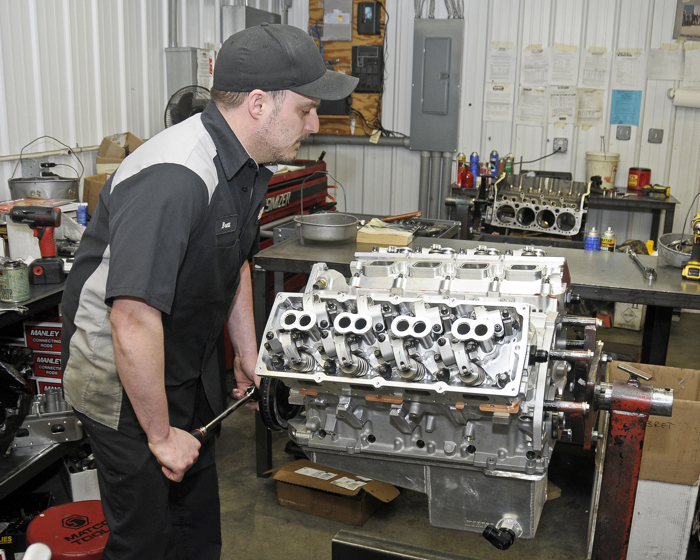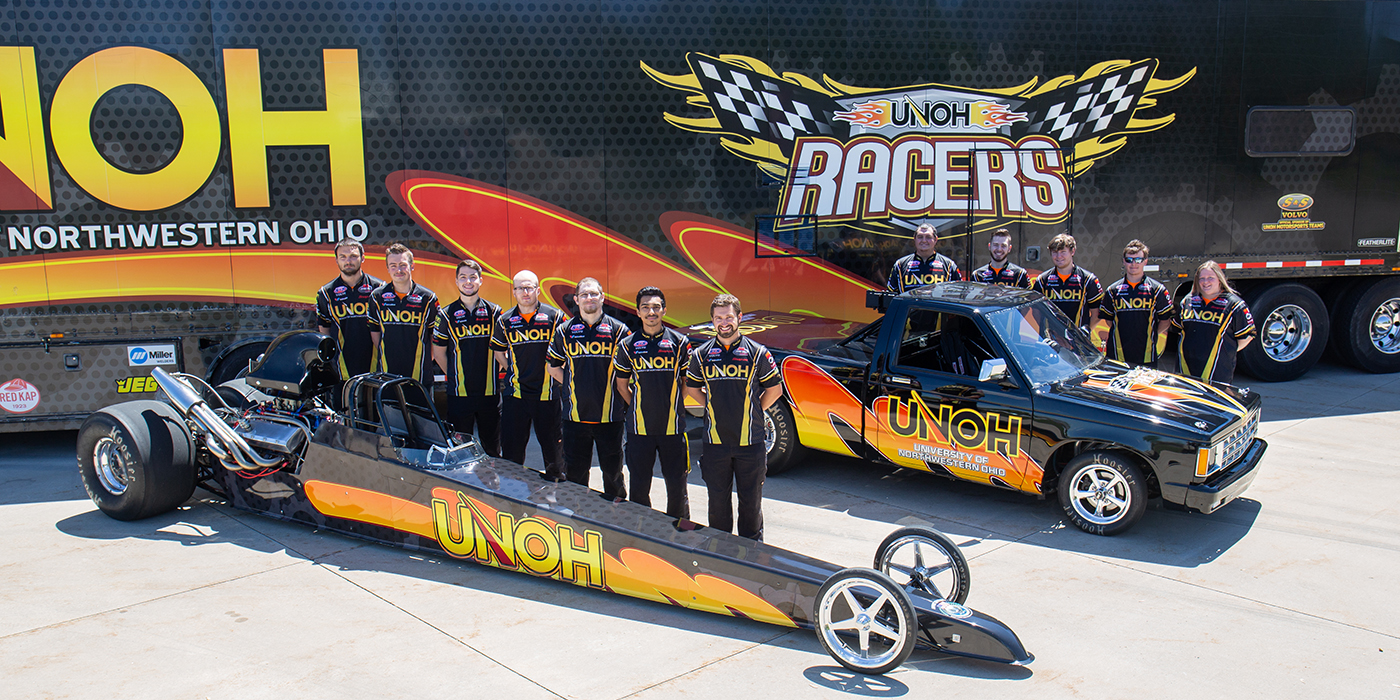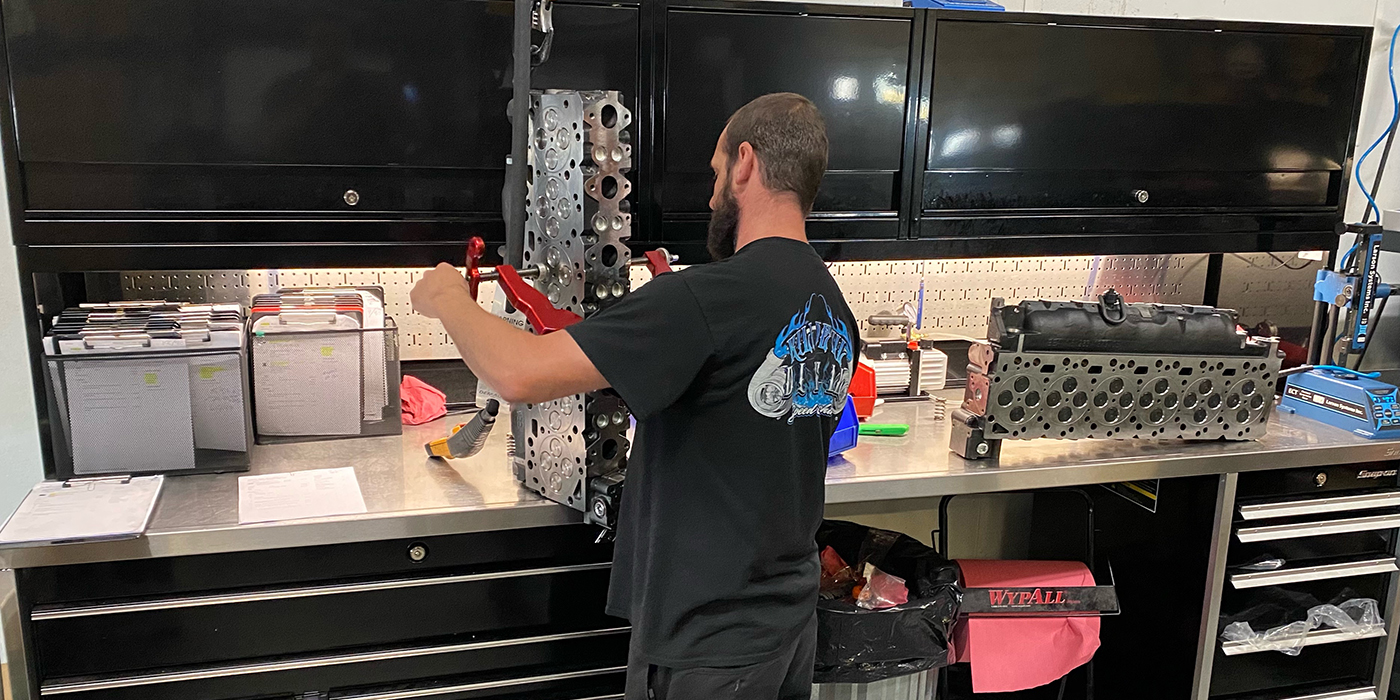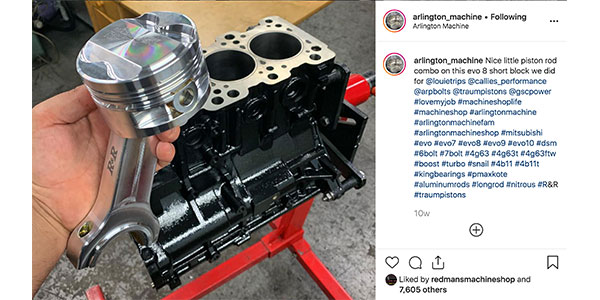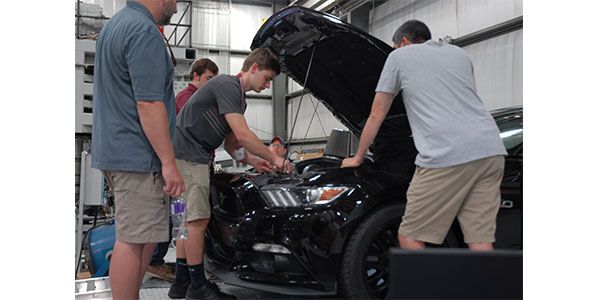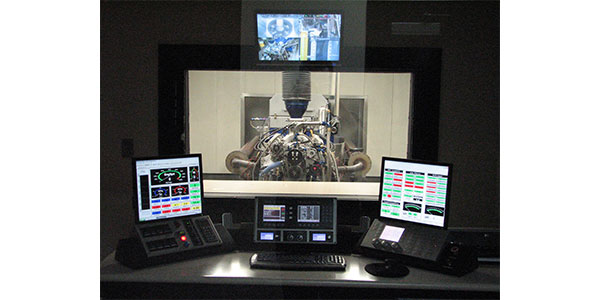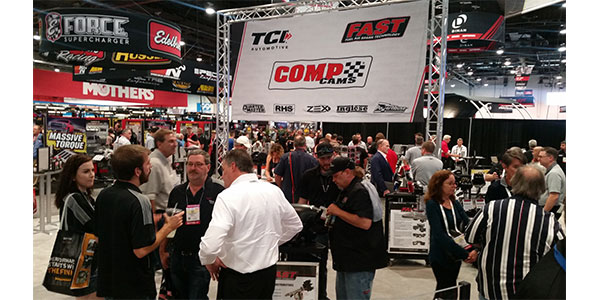So…after working tirelessly and promoting yourself shamelessly, you wake up one day and find that you’ve have been in business for 35 years, you are established as a business and your shop sets the bar for quality and customer service. That did not happen overnight, it took a lot of sweat equity and sleepless nights to get where you are today. You are proud and rightly so of your shop and your employees and the quality of the work your shop is able to produce.
What happens next? If you decided to retire in the next five years, who runs the shop? Are you going to sell it, and to whom…? Are they qualified to run it and can they maintain the quality and, more important, the good name you have established.
This may be the part we as business owners don’t want to think about. Sure, you’ve earned the right to retire, but turning over your “baby” to someone else is a scary thought. We have all seen and heard about businesses that have had a stellar reputation of quality for 20-plus years only to have the new owners trash the good name and destroy the business in less than five.
So what do you need to do to protect your business and your good name? Simple, and it’s not really that much different than the way you got to this point in the first place: you need to come up with a plan. You need to decide what you want to happen to your business. Is there family or employees involved that are qualified and want to take over the business…are they truly qualified…? Ultimately, you get to decide what happens next.
One of the most successful business transfers I have ever witnessed happened over a period of about 20 years. One of my customers took a job with Boeing fresh out of college. He had grown up on the farm with five brothers and wanted to farm with his dad. Being the last one in the litter he soon figured out the farm was not going to support five families plus his parents, so he headed off to college to get a degree in engineering.
Upon graduating from college he headed to Seattle and went to work for Boeing Aircraft. Taking note that Boeing was having problems getting wing sub assemblies made and delivered on time, Bud offered to start a company and provide the much needed parts, if Boeing would sign a guaranteed purchase contract.
With three years of hands-on experience with Boeing, he quit his job and started a company manufacturing the wing sub assemblies. His company grew along with Boeing and he made a point to always meet his deadlines, always commenting, “that was how I got into business in the first place.”
Soon two sons came along. Proud to have them take an interest in his business, he sat them both down and explained that they needed to start at the bottom and work their way up and they were not entitled to a “position” just because they were family. The sons literally started at the bottom sweeping floors on the night shift and hauling trash to the dumpsters. They worked six days a week for minimum wage, earning overtime on Saturday. They clearly learned the value of a dollar.
During their high school years they learned to run every machine in the plant. They started on the night shift just like any other employee and worked their way to day shifts after a year.
They both went to college and continued to work for Bud during the summer months paying their way through college with the help of scholarships. Upon graduation, Bud sat them down and said, “You boys need to go work in the real world for a while…you can come back in five years if you want to and if you find a job you like better, no hard feelings, I will be proud of you no matter what you decide.”
Eventually, both boys returned after experiencing life in the real world. Bud moved them into the office where they learned to buy materials and schedule deliveries. They both became good negotiators of price margins, something Bud was also very good at. He was always tough, but fair.
Bud even made them learn the banking…they learned to go to the bank to secure a line of credit based on in-house orders. That was a tough one, going to ask the banker for a $2 million line of credit when you are 30-years old. Bud stayed away, they had to do that on their own. By the time they had worked in the office for five years the boys had done literally every job that was associated with the business. They also each found their niche, one son was more comfortable with the finances and banking, and the other was very good at buying materials, scheduling deliveries and controlling plant production.
When Bud turned 65 he called them both into his office and handed them the keys to the front door. “You boys have worked at every job in this business and have proven to me that you can run this business and keep it growing successfully. These keys are to the front door; I am going to my other job, restoring my antique cars. And so it was, Bud restored cars full-time for the next 15 years and enjoyed every minute.
He never once worried about the business; he often told me that in his “gut” he knew the boys had things under control. Indeed they did.
I never paid much attention to Bud and the transfer of his business even though we talked about it weekly. I never doubted that he had a plan, but I considered it his personal business, even though I was honored that he shared things with me. It took me a few years after he passed to realize how brilliant his plan was. He executed the plan with immediate family and those plans are by far the most difficult to pull off.
It was in later years, and after watching some business transfer disasters first-hand, that I looked back and realized how brilliant Bud’s plan really was. Bud developed a plan early on and carried it out perfectly; in fact, so smoothly many people, including most all of his customers, never knew Bud had retired. It was truly business as usual.
I know my customers have learned a thing or two from watching at my shop. Seeing what Bud did, it’s obvious I can learn from watching them, as well.

